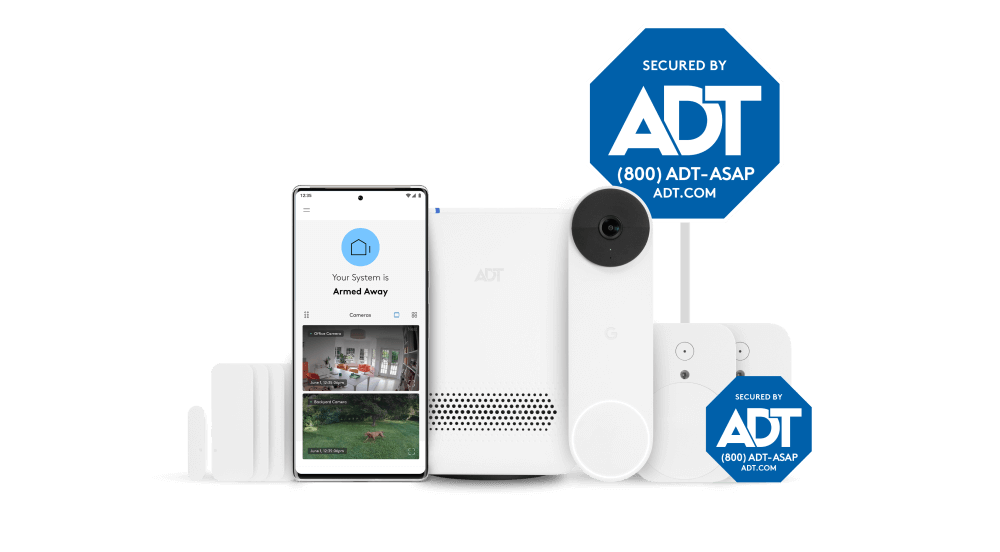With this week’s show I feel like we’re singing the same old tune. Philips Hue maker Signify is delaying its implementation of Matter while it waits for others to implement features it needs. Meanwhile Eve has started selling plugs that are Matter-ready from the get go, and will sell new Matter-ready contact and motion sensors starting April 17. In related news, we tout the fact that the Thread Group has now certified 200 devices. We also see a new integrated DIY home security product from Google and ADT, which is a culmination of their $600 million partnership signed three years back. In enterprise news, we discuss Kore’s acquisition of Twilio’s IoT assets and try to figure out what an IoT hyperscaler is. Amazon has also opened up its Sidewalk Network, a free LPWAN for connecting devices (it’s free because it sends your data to AWS). We talk about what I saw with regards to Sidewalk coverage in my travels around Seattle and the Bay Area. We then hear about Kevin’s frustrations with HomeKit and the latest Apple iOS upgrades that broke his smart home, and new features from the Home+ app which Kevin uses to manage his devices. I then review the Homey Bridge, a DIY smart home hub. Finally, we answer a listener question about Shelly products.

Our guest this week is Chuck Sabin, the head of market development for the Bluetooth SIG. He is on the show to discuss the newly launched Bluetooth standard for Electronic Shelf Labels. We discuss what electronic shelf labels will enable for consumers and retailers, as well as the different services and profiles that the SIG has built into the standard. After extolling the potential benefits for Instacart shoppers, we then talk about smart tags and the concept of ambient IoT. You’ll be hearing that phrase a lot more often. The SIG is working on a standard around smart tags, as well as updating its networked smart lighting standard. You’ll get a good sense of what Bluetooth plans to bring to the IoT, so enjoy the show.
Hosts: Stacey Higginbotham and Kevin Tofel
Guest: Chuck Sabin, the head of market development for the Bluetooth SIG
Sponsors: InfluxData and Silicon Labs
- Why is Matter taking so long, and what problems should you expect?
- What is an IoT hyperscaler, again?
- Amazon’s Sidewalk network is live for developers.
- How Bluetooth’s electronic shelf label standard works.
- The Bluetooth SIG also plans updates for smart tags and networked lighting.
Podcast: Play in new window | Download | Embed
Subscribe: RSS

